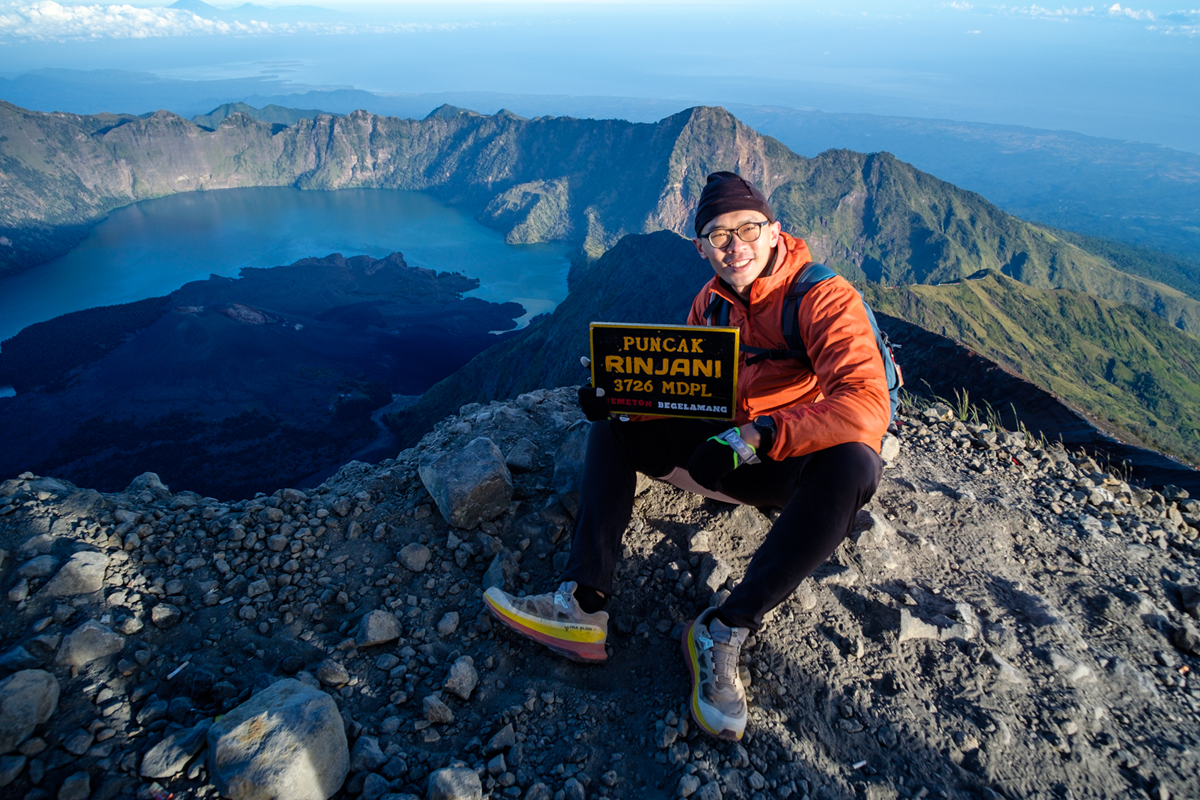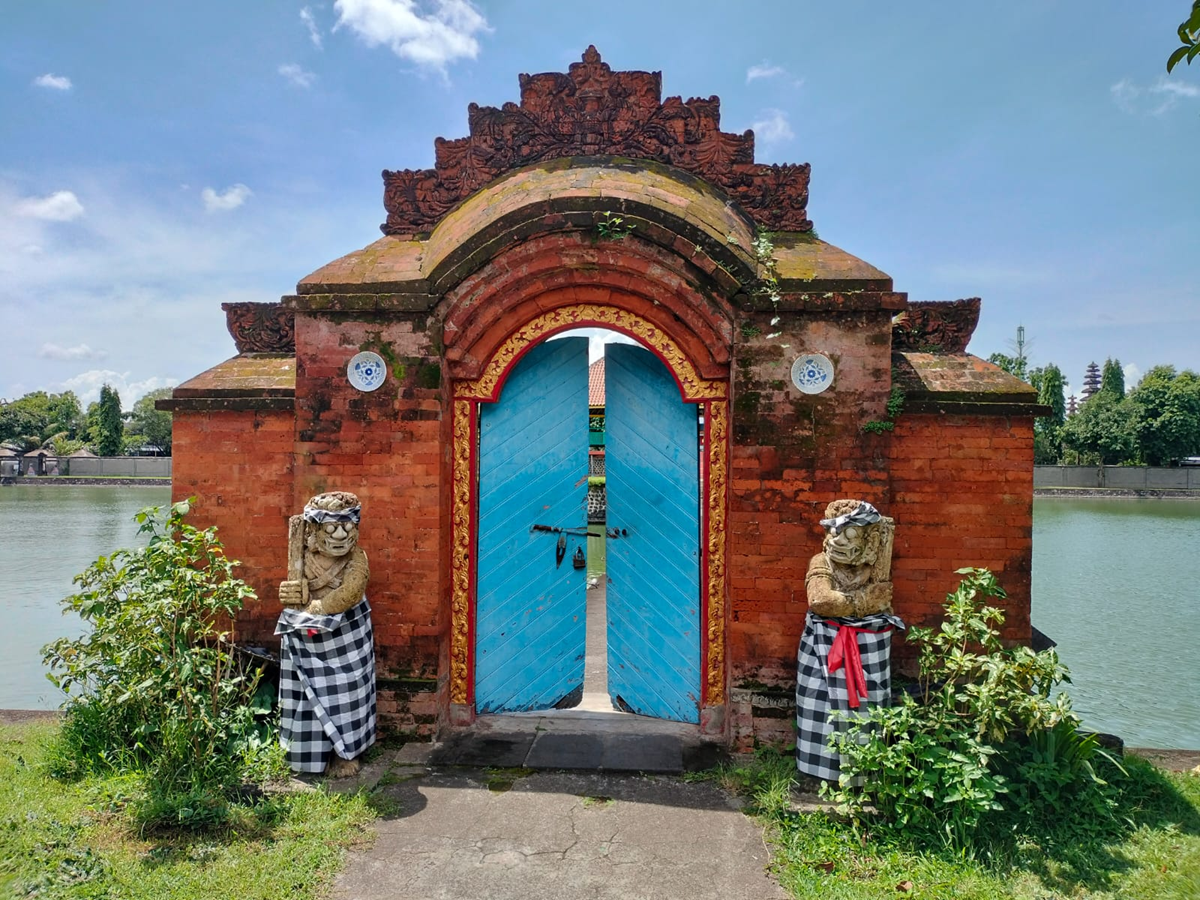Ramadhan in Lombok Island On Vacation
Ramadhan in Lombok Island is a time when spirituality, culture, and community life blend into a uniquely harmonious atmosphere. Known as the “Island of a Thousand Mosques,” Lombok embraces the holy month with traditions deeply rooted in Sasak heritage, creating a rhythm of devotion that can be felt from its coastal villages to its mountainous interiors. During this sacred period, everyday life transforms: the call to prayer echoes more profoundly, communal fasting strengthens bonds, and cultural rituals highlight the island’s rich identity. This preface introduces the essence of Ramadhan in Lombok—its serenity, its customs, and the way faith shapes the lives of its people—offering readers a gateway to understanding how the holy month becomes a meaningful experience on this remarkable island.

What Tourists Should NOT Do During Ramadhan?
Don’t eat, drink, or smoke openly in public during the daytime
- Eating or drinking on the street, in markets, or in front of fasting locals can be considered disrespectful. It’s okay to eat indoors, at hotels, or in designated tourist areas.
Don’t wear revealing clothing in town areas:
- Avoid very short shorts
- Avoid bikini tops outside the beach
- Avoid very tight or low-cut clothing
Not play loud music in public (Ramadhan on Lombok Island)
- Prayer times: Around mosques, early morning or evening, when people prepare for fasting, you can enjoy music privately; just keep the volume moderate.
Don’t show public affection
- No kissing in public
- No intimate hugging
- Holding hands is usually okay, but it depends on the region.
Disturb people during prayer times (Ramadhan on Lombok Island)
- Blocking mosque entrances
- Walking in front of someone who is praying
- Flying drones or taking intrusive photos near mosques
Don’t expect fast service during the day
- Complain loudly
- Demand quick service
- Expect all restaurants to operate normally
Don’t schedule loud or partying activities in village areas (Ramadhan on Lombok Island)
- Avoid parties near local communities
- Keep noise low late at night when people pray Taraweeh
Trekking Program During Ramadhan

Trekking Is Allowed During Ramadan on Lombok Island.
According to the terms and conditions of some trekking operators, they do still run Rinjani ascents during Ramadan/fasting.
One operator explicitly notes that guides and porters generally don’t work on Eid al-Fitr (the end of Ramadan) because of celebrations, but outside that, treks go on.
Since Ramadan shifts (it’s a lunar month), sometimes it might coincide with open season—but check the dates for the year you plan to go.
During a multi-day trek, food is usually scheduled (guides/porters provide meals). If you’re fasting, you’ll need to coordinate with your trekking organizer about how to handle sahur (pre-dawn meal) and iftar (breaking fast).
Most guides work during Ramadan; around Idul Fitri (the end of Ramadan), some guides or porters may not be available because they are celebrating.
The weather is unpredictable. Planning during Ramadan doesn’t change that, but if your energy is lower (because of fasting), bad weather is an even bigger concern.
Daily Tour during Ramadhan on Lombok Island
Daily tours still operate during Ramadan, but with a few adjustments. Tourism continues normally, though some schedules and services change.
What Usually Stays the Same (Ramadhan on Lombok Island)
1. Tourist attractions remain open (waterfalls, beaches, mountains, temples, and parks).
2. Hotels, transport services, and guides continue working.
3. Full-day and half-day tours still run to popular spots.
What Usually Changes (Ramadhan On Lombok Island)
1. Starting Times May Shift: Some tours start slightly later in the morning because guides and drivers may be having sahur (pre-dawn meal).
2. Lunch Arrangements Adjust: Some restaurants may open later or provide take-away meals. And tourist-focused areas (Senggigi, Kuta Lombok, and Gili) usually have many restaurants open as normal.
3. Traffic May Increase Before Sunset: Before iftar (around 5–6 PM), roads get busier as people rush home to break the fast.
4. Some Activities May Avoid Sunset Hours: Guides may recommend that you finish tours before Maghrib, unless the tour is designed around sunset.
5. Ramadan primarily affects Muslim activities, but Hindu temples continue to operate as usual because they follow the Balinese Hindu calendar, not the Islamic one.

The Expectation: May I see you during Ramadhan?
1. Temples are open normally (Pura Lingsar, Pura Meru, Pura Batu Bolong, Suranadi, etc.)
2. Opening hours do not change because of Ramadan.
3. Visitors (including non-Muslims) are welcome.
4. Some areas may have fewer visitors, making it a peaceful time to visit.
5. Follow standard temple etiquette: sarong, sash, and respectful behavior.
Small considerations
If your guide/driver is fasting, they may need short breaks—but tours continue normally. and Avoid scheduling temple visits near Maghrib (sunset) if the driver fasting
